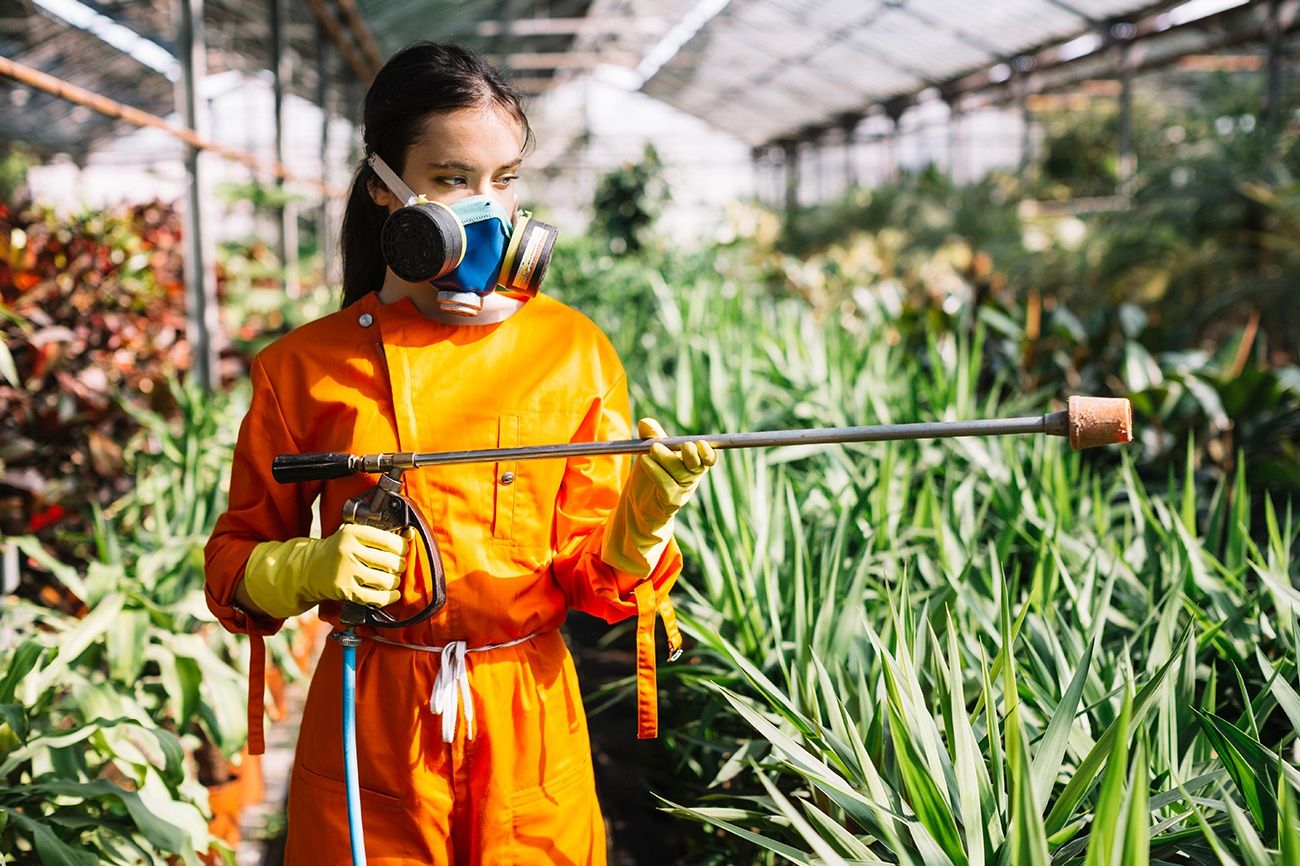Safeguarding Health: A Guide to Pesticide Safety

Pesticides play a crucial role in agriculture and pest control, protecting crops and ensuring food security. However, when these chemicals are misused or mishandled, they can cause significant risks to human health and the environment.
Thus, before using them, it is important to understand and practice pesticide safety measures. Let's explore some essential tips to ensure the safe and responsible use of pesticides.
-
Know Your Pesticides
Before you use any pesticide, it is important that you read and understand the label thoroughly. Pesticide labels contain critical information regarding its proper usage, including application rates, safety precautions, and environmental hazards. Take your time to understand all these instructions properly to minimize potential risks.
-
Proper Storage and Handling
Storing pesticides correctly is crucial to prevent accidents and contamination. Make sure that you keep pesticides in the original containers they came in with intact labels, away from children, pets, and food items. Additionally, store them in a cool, dry place, preferably locked in a dedicated storage area. When handling pesticides, you should wear the protective gear, such as gloves, goggles, and a mask, to shield yourself from exposure.
-
Application Techniques
While applying pesticides efficiently, you should be careful and consider the various factors, including weather conditions, target pests, and application methods. Avoid spraying pesticides on windy days to prevent drift, which can harm unintended areas and organisms. Use calibrated equipment to ensure accurate application rates and avoid overuse, which can lead to environmental contamination and resistance development in pests.
-
Environmental Considerations
Pesticides have the potential to impact non-target organisms and ecosystems if not used responsibly. To minimize this environmental harm, follow integrated pest management (IPM) practices, which prioritize non-chemical pest control methods whenever possible. Additionally, you can avoid applying pesticides near water bodies, as they can leach into aquatic environments and harm life in there. Always clean equipment thoroughly after use to prevent residual contamination.
-
Safe Disposal
Proper disposal of pesticide containers and leftover chemicals is important in term of preventing environmental pollution and protecting human health. Make sure that you never dispose the pesticides in regular household trash or pour them down the drain. Instead, follow the local regulations given on labels for pesticide disposal or participate in community hazardous waste collection programs. Rinse empty pesticide containers thoroughly and puncture or crush them to prevent reuse.
In conclusion, while using pesticides, considering the safety precautions is a shared responsibility from all stakeholders, including farmers, gardeners, and consumers. By adhering to proper storage, application practices, and proper handling, you can minimize the risks associated with pesticide use and safeguard human health and the environment. Remember to read and follow the directions given on pesticide labels, ensure you use appropriate protective measures, and prioritize environmentally-friendly pest control alternatives whenever possible.
